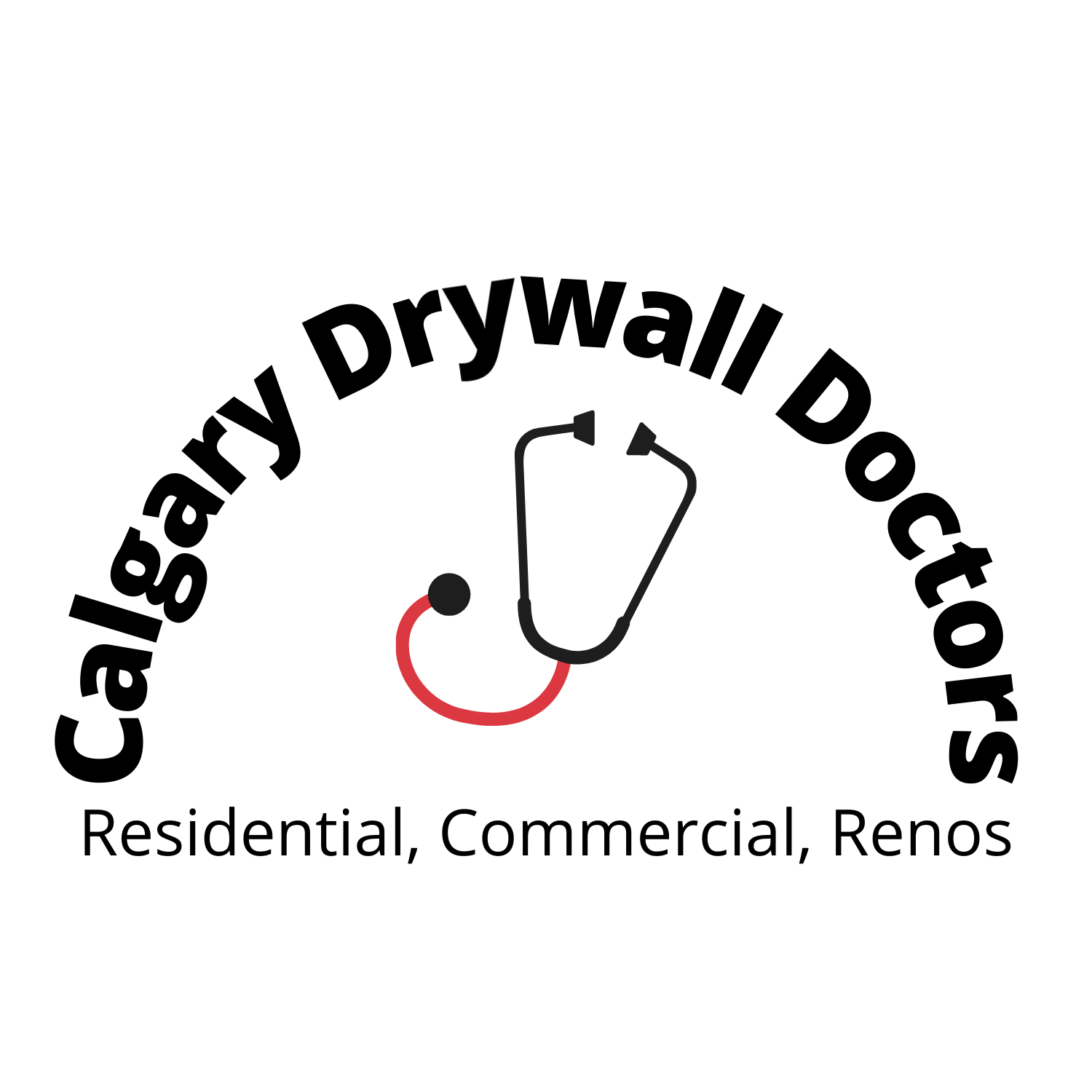You’ll need several crucial tools for professional drywall installation: a utility knife with spare blades, a 48-inch T-square, tape measure, and jab saw for basic cutting. A cordless drill, drywall knives in different sizes (4-inch to 12-inch), and sanding screens handle fastening and finishing. Don’t forget safety gear like dust masks and goggles. For advanced projects, consider investing in specialized equipment like automatic tapers and drywall lifts to raise your results.
Key Takeaways
- A utility knife with replaceable blades and 48-inch T-square are essential for making precise, straight cuts in drywall sheets.
- Cordless drill with clutch feature and specialized screw guns ensure proper fastening without damaging the drywall surface.
- Various-sized drywall taping knives (4-6 inch and 12-inch) are crucial for applying joint compound and achieving smooth finishes.
- A reliable tape measure with locking mechanism helps ensure accurate measurements and proper sheet placement.
- NIOSH-approved dust mask, safety goggles, and work gloves protect against common hazards during drywall installation.
Essential Cutting and Measuring Equipment

Five fundamental cutting and measuring tools form the backbone of any drywall installation project. You’ll need a utility knife with interchangeable blades for making precise cuts along your drywall edges. A 48-inch drywall T-square will guarantee your cutting lines remain perfectly straight while fitting securely over sheet edges. When cutting drywall, you’ll rely on a crucial tape measure, featuring a locking mechanism for stable measurements up to 25 feet. For creating outlet openings and intricate cuts, you’ll want a 6-8 inch jab saw with its specialized sharp tip and coarse teeth. Don’t forget sanding screens – both coarse fiberglass mesh and fine sandpaper varieties – which you’ll need for smoothing surfaces after mud application. These tools working together will assist you in achieving professional-quality results in your installation work. The quality of your installation tools becomes especially important when working with fire-resistant drywall which requires more precise cutting techniques.
Power Tools for Professional Results
Three vital power tools improve drywall installation from basic to professional-grade work. You’ll want a cordless drill (12V or 18V) with a clutch feature to prevent stripped drywall screws. Electric multi-tools complement your jab saws and utility knives, offering precise cuts for electrical boxes with minimal dust production.
For heightened efficiency, specialized drywall tools like screw guns automate the fastening process, while drywall lifts support heavy sheets during solo installations. When you’re ready to finish, a texture sprayer transforms your work from amateur to professional, providing consistent coverage and varied texture options. These power tools, working alongside your basic drywall knife, will greatly increase your installation speed and quality, putting you on par with seasoned professionals. Our experienced technicians recommend these essential tools for both residential and commercial property installations.
Surface Preparation and Finishing Tools

Professional-grade surface preparation demands an arsenal of specialized finishing tools that transform raw drywall into a flawless surface. You’ll need both sanding screens and drywall sanding sponges to achieve peak results – the screens prevent clogging during initial sanding, while the sponges’ abrasive side tackles corners and detailed work. For a smooth finish, you’ll want to invest in quality mud mixing tools and drywall taping knives of different sizes. The mixing tools guarantee your joint compound stays lump-free, while taping knives from 4 to 12 inches help you manage diverse application areas. Don’t forget texturing tools if you’re planning decorative finishes – sprayers, brushes, and rollers will give you the professional-looking patterns you’re after. These surface preparation fundamentals are what separate amateur work from expert results. Our perfectionist approach ensures every surface detail meets the highest quality standards for complete customer satisfaction.
Specialized Drywall Knives and Applicators
Building on your surface preparation knowledge, mastering specialized drywall knives and applicators will improve your installation quality to the next level. You’ll need different knife sizes for different stages of the finishing process, with flexibility being key to achieving seamless results.
| Tool Type | Primary Function |
|---|---|
| 4-6″ Knives | Joint compound application |
| 12″ Knife | Feathering and finishing |
| Corner Knives | 90-degree angle precision |
| Automatic Tools | Tape and compound combo |
When working with joint compound, you’ll find mud pans indispensable for transporting and accessing your materials efficiently. For larger projects, automatic taping tools will greatly speed up your work by applying tape and compound simultaneously. Corner knives prove crucial for achieving clean seams in tight spaces, while wider blades offer superior control for general application. Our skilled technicians ensure precision with every knife stroke to maintain the highest quality standards in residential drywall installation.
Safety Gear and Protective Equipment

Personal safety should be your top priority when tackling any drywall installation project. Before you begin, make certain you’ve got all the vital protective equipment ready. Start with a NIOSH/MSHA approved dust mask to safeguard your respiratory system from harmful drywall dust, and pair it with safety goggles to protect your eyes from debris during cutting and sanding.
Don’t overlook the importance of thick work gloves to prevent cuts while handling sheets and tools. When you’re using power tools, proper hearing protection is key – either earplugs or earmuffs will protect your ears from potential damage. For those long hours of installation work, you’ll want to invest in quality knee pads to prevent strain while kneeling. This complete safety setup guarantees you’re well-protected throughout your project.
Fasteners and Support Hardware
Proper fasteners serve as the backbone of any successful drywall installation. Your drywall screws come in two crucial varieties: coarse-thread screws for wood framing and fine-thread screws for metal framing. For standard 1/2-inch drywall, you’ll want 1 1/4-inch screws spaced 12 to 16 inches apart to guarantee optimal support.
When planning your project, keep in mind that screw quantity matters – you’ll need roughly 32 screws per 4×8 sheet. To enhance installation efficiency, equip yourself with a power drill or screw gun. These tools will greatly speed up your work compared to manual methods. Don’t overlook corrosion resistance when selecting your fasteners and support hardware. Coated screws offer superior protection against rust, assuring your installation maintains its integrity over time. Professional labour costs range from $30 to $70 per hour for proper installation and fastening of drywall sheets.
Material Handling and Transport Tools

Moving beyond fasteners, effective drywall installation depends heavily on your ability to transport and handle materials safely. You’ll need a specialized drywall cart as your primary transport solution, featuring a sturdy frame that guarantees safer handling of large sheets throughout your worksite.
For ceiling installations, a material lift is crucial, allowing you to raise heavy sheets without straining. When maneuvering tight spaces, a heavy-duty hand truck provides excellent maneuverability. Consider adding a drywall dolly to your arsenal, as its flat platform and securing straps make sheet transport remarkably efficient. To complete your material handling system, confirm you’re utilizing loading docks or ramps for seamless movement from delivery vehicles to your work area. These tools work together to create a safer, more efficient installation process while protecting both you and your materials.
Frequently Asked Questions
What Tools Are Needed to Install Drywall?
You’ll need crucial drywall tools including a T-square for measurements, utility knife for cutting, cordless drill for fastening screws, and drywall knives for joint treatment. Don’t forget safety equipment for proper installation.
What Tools Do Professional Drywallers Use?
You’ll need professional drywall equipment like a drywall lift, automatic taping tools, cordless drill, and advanced finishing tools. Don’t forget crucial safety gear and precision measurement tools to speed up your installation process.
What Tools Do I Need to Finish Drywall?
You’ll need drywall knives (6″ and 12″), a mud pan, joint compound, sanding tools, and a utility knife. Don’t forget corner bead, primer paint, and safety gear for a professional finish on your project.
What Tools Do You Need for Drywall Repair?
You’ll need a utility knife, 6-inch drywall knife, jab saw, drywall screws, and sanding sponge for basic repairs. These crucial tools guarantee you can handle most patching projects with professional-quality results.
Conclusion
Armed with these crucial drywall tools, you’re now equipped to tackle both basic and complex installations. You’ll find that investing in quality measuring devices, power tools, finishing equipment, and safety gear will dramatically improve your efficiency and results. Don’t overlook proper material handling tools – they’ll protect both you and your materials. Maintain your tools properly, and they’ll serve you reliably through countless successful drywall projects.





